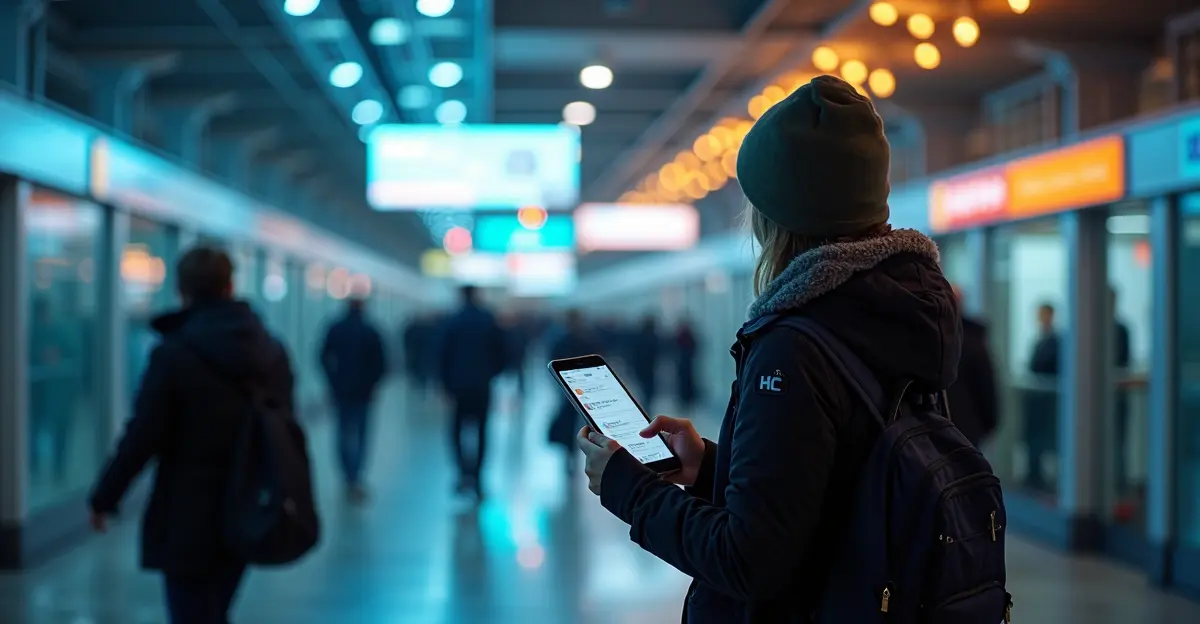AI trip planners in 2025 create instant personalized itineraries by analyzing user habits and preferences. These tools save planning time, offer real-time updates, and provide customized travel experiences while facing challenges around data privacy and accuracy.

The Rise of AI-Powered Travel Planning
In 2025, artificial intelligence is transforming how we plan our travels, with AI trip planners creating personalized itineraries in seconds based on individual habits and preferences. These intelligent applications analyze user data, past travel patterns, and real-time information to craft bespoke travel experiences that save time and reduce planning stress.
How AI Trip Planners Work
Modern AI travel assistants leverage machine learning algorithms to process vast amounts of data including flight options, accommodation availability, local attractions, weather patterns, and user preferences. 'The beauty of these systems is their ability to learn from your travel history and preferences to create truly personalized experiences,' explains travel technology expert Dr. Sarah Chen from UsefulAI. Leading platforms like Roam Around, Trip Planner AI, and Wonderplan use sophisticated AI to generate complete travel plans within minutes, often for free.
Key Features and Benefits
These AI-powered tools offer several revolutionary features. They provide real-time updates on flights and accommodations, budget management capabilities, and smart time allocation for activities. 'I saved over 10 hours of planning time for my European vacation using an AI trip planner,' shares frequent traveler Mark Johnson. 'It knew exactly what type of restaurants and activities I would enjoy based on my previous trips.' According to SellAI Tool, the global AI tourism market is expected to reach $4.2 billion in 2025, reflecting rapid adoption.
Personalization Through Habit Analysis
The most advanced AI trip planners analyze user habits extensively. They examine past travel choices, preferred accommodation types, dining preferences, activity interests, and even pacing preferences to create itineraries that feel custom-made. 'Our AI system learns whether you're a morning person who likes early starts or someone who prefers leisurely afternoons,' says AI developer Maria Rodriguez from Trip Planner AI. Yenra's research shows that 61% of travelers value personalized destination suggestions based on their individual data.
Top AI Trip Planners for 2025
Several platforms stand out in the competitive AI travel planning space. Roam Around offers free itinerary creation with smart time optimization, while Trip Planner AI provides comprehensive planning with integrated booking options. Wonderplan focuses on budget-conscious travelers with detailed cost tracking, and IPlan.ai offers advanced customization features. 'The key is finding an AI planner that matches your travel style and provides the level of detail you need,' recommends travel blogger Jessica Kim from Adam Curated Travels.
Challenges and Considerations
While AI trip planners offer significant benefits, users should be aware of potential challenges. Data privacy remains a concern as these apps collect extensive personal information. Additionally, AI systems can occasionally provide inaccurate recommendations or miss local nuances that human travel agents might catch. 'Always verify critical booking information and use AI as a starting point rather than the final word,' advises cybersecurity expert David Park from CyberNews.
The Future of AI Travel Planning
The evolution of AI trip planning continues with emerging features like augmented reality previews of destinations, predictive pricing algorithms, and integration with smart home devices for seamless travel preparation. As technology advances, these tools are expected to become even more intuitive and capable of handling complex multi-destination trips. 'We're moving toward AI systems that can anticipate travel needs before users even realize them,' predicts technology futurist Dr. Alan Thompson.

 Nederlands
Nederlands
 English
English
 Deutsch
Deutsch
 Français
Français
 Español
Español
 Português
Português









